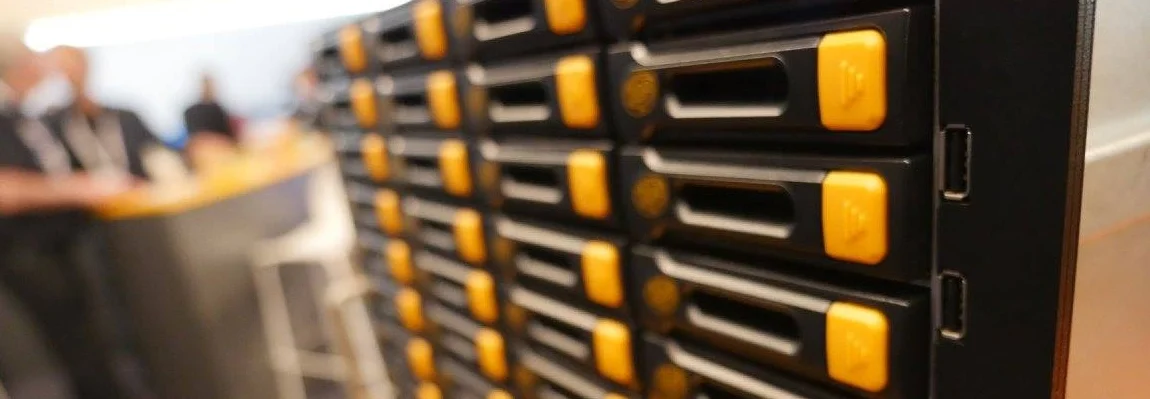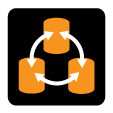What makes DDP unique?
CLUSTERING READ more
With DDP OS V5, DDPs can be clustered so that when one system fails, all data is still available. This technology enables all clients and applications to continue their operations without any interruption. DDP clusters can also be configured to double the throughput as clients are accessing them both in parallel. Thanks to this unique technology, all DDPs can work together and act as a single system.
SSD Caching READ more
Accelerate and optimize your workflow with DDP's SSD Caching algorithms. On-Demand and Pinned caching methods improve workflows with heavy transcoding, image sequences, and high client counts, enabling them to receive the IOPS they require.
Load Balancing READ more
DDP Data Locations allow SAN volumes to be load balanced across multiple RAID sets within a DDP. Load Balanced volumes greatly reduce latency and improve image sequence workflows on spinning disks.
multiple connections per session See video
MCS combines multiple network connections to work in parallel, boosting performance for client computers with more than one network adapter. Pairing two 1GbE ports increases the client's available bandwidth from 100MB/s to 200MB/s. 10GbE and 40GbE ports can also be paired or even quadrupled.
bandwidth control
DDPs bandwidth limiting allows users to further tune performance for specific client machines. Bandwidth limiting can be independently applied to Read and Write operations.
WORKFLOW MANAGER See video
The Workflow Manager incorporates all the required Access Rights management tools.
Access Rights can be set for each folder for Read, Write and Delete including every possible combination; Read-only, Read/Write, Read/Write No Delete, or Write Only (Drop Box).
FOLDER VOLUMES See video
From the DDP interface, it is possible to assign volume properties to any folder or subfolder; hence the name ‘Folder Volumes'. With this innovative technology, there is no longer any need to move data across different volumes. By assigning volume properties to specific folders, a user can connect it as though it was an actual volume. This simple operation can be completed in seconds, at any time.
QUOTA CONTROL See video
Another advantage of Folder Volumes is the ability to dynamically resize them using Quota Control. This feature enables the administrator to set up space restrictions or expand capacity for any desired Folder Volumes. Administrators can modify the available space a user can see and use in real time, on demand.
PROJECT SHARING
All editors can simultaneously work with the same media and on the same projects, freely sharing materials and ideas with no time-consuming set-up needed. This underlying technology is invisible so the creative editors, directors and producers can just concentrate on their work. Avid Media Composer bin locking is also supported thanks to the DDP's Avid FS emulation and works in the same way it would on Avid Unity/ISIS.
AVFS2NAS
DDP's AVFS2NAS feature allows the DDP to act as its own SMB NAS Gateway to the SAN. Producer laptops and freelance client computers don't need to install any software to view and transfer files in a DDP environment when connecting via SMB.
Nagios monitoring server
All DDPs are bundled with Nagios server monitoring. The Nagios implementation provides administrators with important system health, performance and monitoring tools and notifications.












